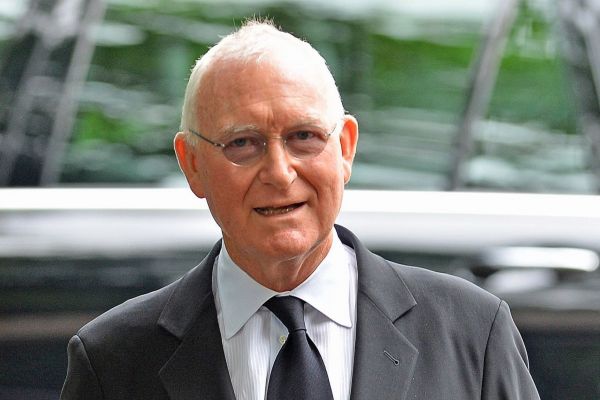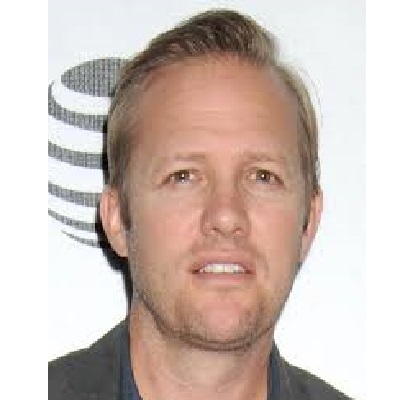John Birt, who served as director general from 1992 to 2000, stated that the arrangement’s “coziness” rendered him unsuited.
An ex-BBC director general has stated that Richard Sharp’s “appointment should not stand” because he was an “unsuitable candidate” and the selection process was “fatally defective.”
Mr. Sharp is under scrutiny for negotiating an £800,000 loan for former prime minister Boris Johnson.
The appointment of Mr. Sharp is being investigated. He denies any improper conduct.
Lord Birt told the Culture, Media, and Sport committee of the House of Commons, “I do not think his nomination should stand.”
The appointment process was severely faulty, despite the fact that he is a person of apparent importance and consequence.
Mr. Sharp, a longtime Conservative fundraiser, acted as a “go-between” for his friend Sam Blyth, a distant cousin of Mr. Johnson, who offered to guarantee the loan after discovering the then-prime minister was in financial trouble.
Lord Birt stated,
“The unsuitability stemmed from the process of negotiating a loan for the prime minister while simultaneously applying for a post at the BBC.”
“The coziness of that arrangement rendered it inappropriate, and I wish the cabinet secretary had said it.”
Mr. Sharp has stated that he met with the cabinet secretary, Simon Case, in December 2020 to inform him that Mr. Blyth wished to offer financial assistance to the prime minister.
Mr. Sharp stated at that meeting that he would no longer be involved with the problem because he was running for BBC chairman.
Lord Birt told the committee that he believed the cabinet secretary made a “grave error” in approving Mr. Sharp’s application.
“When Richard Sharp approached him about the financial arrangement, he [Mr. Case] should have informed Richard Sharp and the prime minister that the cozy nature of these arrangements, which had already been discussed with the prime minister, disqualified Richard Sharp as a candidate for the BBC chairmanship.
“In my opinion, the cabinet secretary should have informed him and the prime minister of this at the time and proposed that Richard Sharp resign from the process,”
The government appoints the BBC chairman, who must be confirmed by the cross-party committee.
Mr. Sharp was recently criticized by the committee for neglecting to disclose his involvement in events surrounding the loan when he came before them to discuss his eligibility for the position.
Lord Birt stated that it would be premature to demand Mr. Sharp’s resignation prior to the conclusion of a KC-led (headed by a senior lawyer) examination of his appointment.
“I believe we must await the findings,” Lord Birt stated. “What I’ve stated is based on the evidence as it currently stands, thanks in large part to the testimony he provided to this committee.
Yet, this investigation has taken a considerable amount of time, and we must be cautious that new information may emerge that casts a different perspective on what occurred.
Also, the BBC is undertaking an internal investigation into any potential conflicts of interest Mr. Sharp may have in his capacity.
‘BBC reputation in jeopardy’
Former Conservative Party chairman and BBC Trust chairman Chris Patten stated that Mr. Sharp was in a “difficult” position.
“If I were in his shoes, I would find it quite difficult to have a press conference defending the BBC’s neutrality, which is terrible because I believe he should be doing exactly that.”
When asked if Mr. Sharp should quit, Lord Patten responded,
“I’ve never been one to advise other people to resign, but I don’t believe I would write him a condolence letter if he did.”
The issue “threatens the BBC’s credibility as a public service broadcaster with exceptional integrity and independence,” he added.
Also Read: How Does Katie George, An ESPN Sportscaster, Get Paid?





